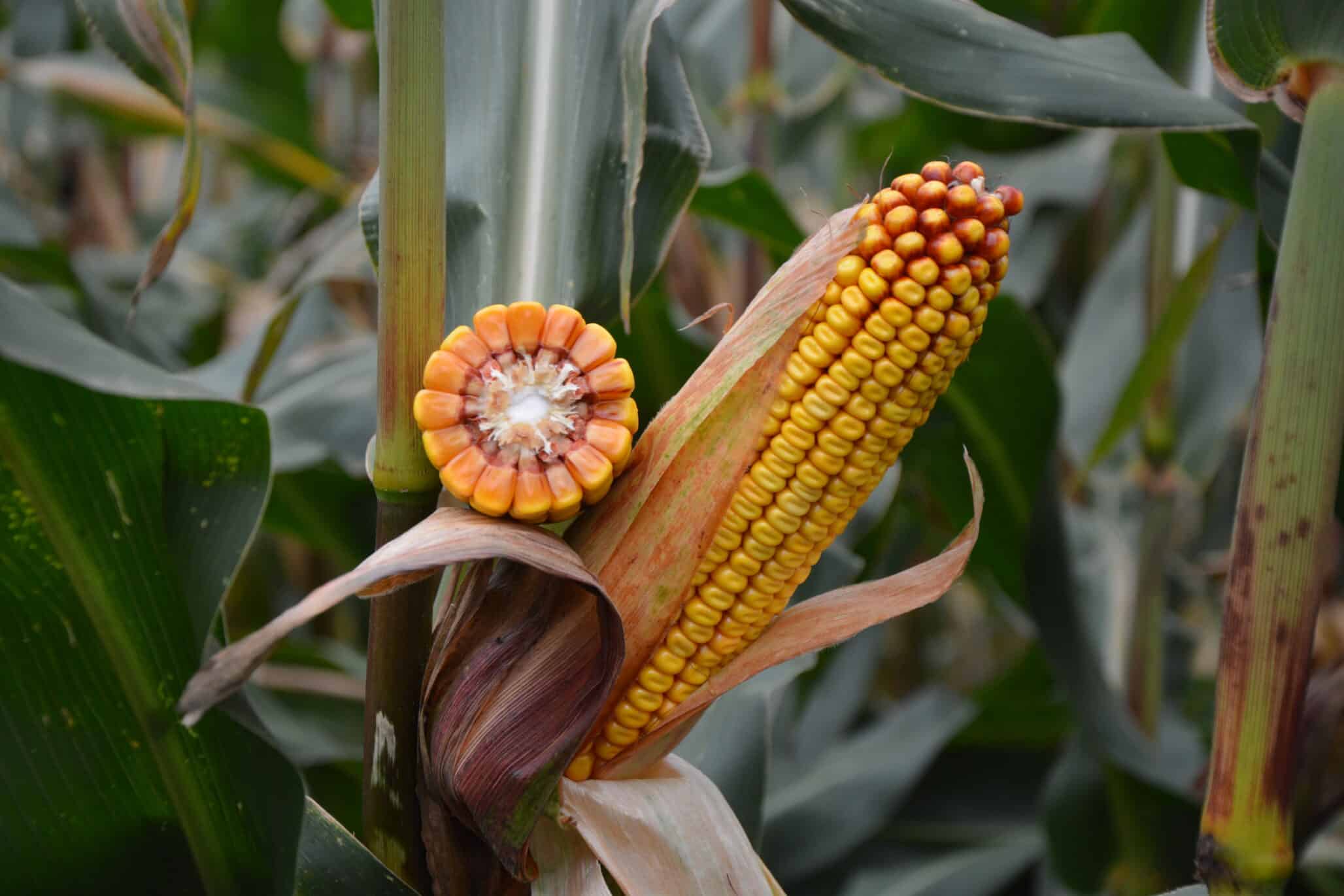As Ontario farmers and agri-businesses finalize harvesting activities and begin planning for the year ahead, Grain Farmers of Ontario, the Ontario Agri Business Association and Seeds Canada are reminding farmers and the entire supply chain of the need for stewardship to protect market access and enable access to innovation.
This includes adhering to established marketing channels for corn hybrids that have not yet received import approvals in key markets, such as the European Union (EU), the three groups said in a statement today.
Stewardship is a shared commitment along the value chain, from seed developers to farmers to grain marketers, and is designed to address a range of issues including the lengthy process to secure trait approval in some export markets,” the statement goes on to read.
All corn hybrids sold in Ontario are approved for cultivation and for use as food and feed within Canada and the U.S. The majority of corn hybrids sold in Ontario have also received import authorization in many importing countries.
However, delays and uncertainty in the EU’s regulatory process present a particular challenge for Ontario’s corn value chain as both individual traits and stacked products (i.e. a combination of individual traits) require regulatory approval.
As a result of these delays, trait stacks for certain corn hybrids sold in Ontario are not currently approved in the EU (see Seeds Canada’s corn hybrid database and/or company seed guides for more information).
While the majority (approximately 90%) of corn grown in Ontario is used domestically, maintaining and expanding access to export markets for both corn and processed by-products is vital for a profitable corn value chain. The EU continues to be an important and growing market for Canadian corn representing 56% of total exports sales in 2020. In 2020, seven of the top 10 export markets for Canadian corn were EU member countries.
The regulatory status of a seed variety is an important consideration when making seed purchase decisions for the upcoming crop year. Adherence to product stewardship guidelines for non-EU approved varieties are an important step in maintaining market access to export markets.
Farmers should contact their seed supplier if they are unaware or unsure of these requirements. There are marketing limitations that exist with non-EU approved varieties. If a farmer does plant non-EU approved varieties next year, they should contact their grain buyer to determine if they will be receiving harvested grains from these varieties.
Farmers can continue to market corn with non-approved traits by following established stewardship requirements into appropriate channels that primarily include, but are not limited to domestic feed and ethanol markets.
Access to innovation and export markets are both vital to our sector. The supply chain supports the responsible introduction and adoption of new technologies for Ontario’s farmers, which consider regulatory approvals domestically and in key export markets which helps all participants within the agri-food value chain maintain competitiveness and profitability, manage risk, and expand market access in a competitive global marketplace.
The supply chain also supports stewardship, including adherence to appropriate grain channeling, as required, so Ontario grain farmers and exporters continue to have unfettered access to key export markets.
—Source: Seeds Canada











